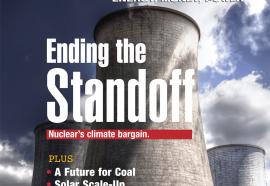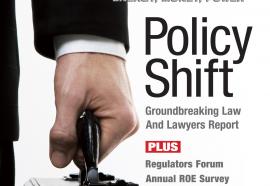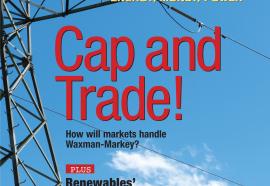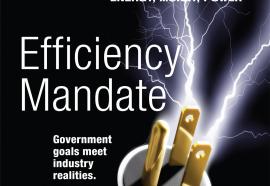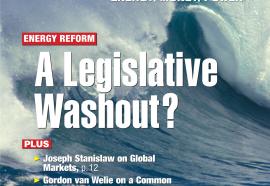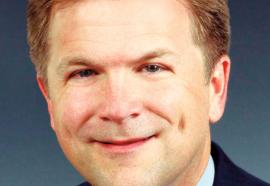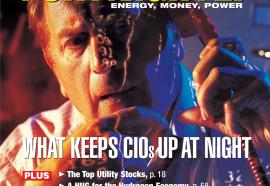Negawatt Pricing
Economists take sides in the battle for DR’s soul.
Back when the U.S. economy and power consumption still were bubbling, PJM reported in August 2006 that customer curtailments during a week-long August heat wave had generated more than $650 million in market-wide energy savings—all at a mere $5 million cost, as measured in direct payments made to the demand response (DR) providers, set according to wholesale power prices prevailing at the time. Where else but the lottery can you get an instant payoff of 130-1?


